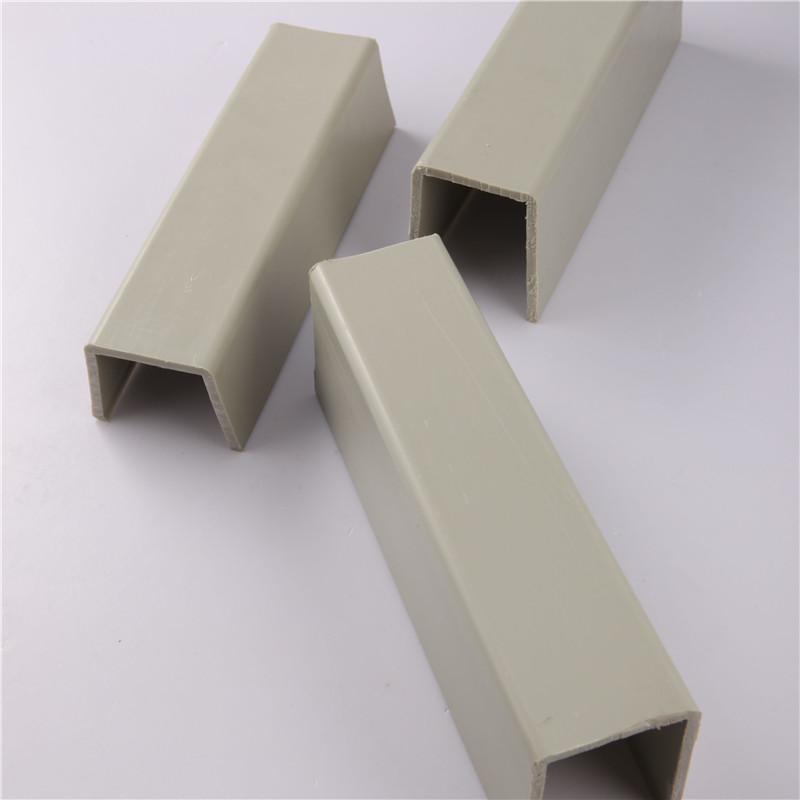Aug . 19, 2024 21:14 Back to list
Versatile Applications of PVC Soft Sheets in Various Industries
Exploring PVC Soft Sheets Versatile and Durable Solutions
PVC (Polyvinyl Chloride) soft sheets, made from one of the world’s most widely used synthetic plastic polymers, are recognized for their flexibility, durability, and versatility. These sheets have become an integral component in a multitude of industries, ranging from construction and automotive to textiles and healthcare. This article delves into the properties, uses, and advantages of PVC soft sheets, highlighting why they are a preferred choice for many applications.
Properties of PVC Soft Sheets
PVC soft sheets are known for their unique combination of properties. They possess excellent chemical resistance, making them ideal for environments where exposure to solvents, acids, and bases is common. The flexibility of these sheets allows them to be easily manipulated, cut, and shaped to fit a variety of needs, offering designers and manufacturers greater freedom in their projects.
Moreover, PVC soft sheets have a good balance of hardness and softness, providing comfort and ease of use. They can be produced in various thicknesses and colors, enhancing their applicability across different sectors. Additionally, their lightweight nature contributes to ease of handling and reduces transportation costs.
Applications of PVC Soft Sheets
The versatility of PVC soft sheets is evidenced by their diverse applications. In the construction industry, these sheets are often used for flooring, wall coverings, and as protective film for windows and surfaces. The ability to create waterproof seals adds to their popularity in kitchens, bathrooms, and other high-moisture environments.
pvc soft sheet

In the automotive sector, PVC soft sheets serve as protective liners and upholstery materials, contributing to the longevity and aesthetic appeal of vehicles. Furthermore, they play a crucial role in the healthcare industry. Used for medical packaging and as protective barriers, PVC soft sheets ensure hygienic conditions while being easy to clean and sterilize.
The fashion and textile industries also benefit from PVC soft sheets, which can be used for accessories, bags, and other decorative items. The ability to print vibrant colors and patterns on these sheets makes them a favorite choice among designers.
Advantages of Using PVC Soft Sheets
One of the primary advantages of PVC soft sheets is their cost-effectiveness. Compared to other materials, PVC offers a durable solution at a lower price point, making it accessible for various manufacturing needs. Furthermore, the durability of these sheets translates into a longer lifespan, reducing the frequency of replacements and maintenance, which can lead to significant cost savings over time.
Additionally, PVC soft sheets are recyclable, contributing to sustainability efforts in manufacturing. As industries increasingly prioritize environmentally friendly practices, the demand for recyclable materials continues to grow. By choosing PVC, manufacturers can support these initiatives while maintaining high standards of product quality.
Conclusion
In conclusion, PVC soft sheets exemplify a multifunctional and economical solution that meets the demands of various industries. Their inherent properties of flexibility, chemical resistance, and ease of processing make them a popular choice among manufacturers and designers alike. As industries evolve and seek to incorporate more sustainable materials, PVC soft sheets will likely remain a cornerstone for innovation and practicality. Understanding their diverse applications and advantages reveals why they are valued assets across multiple domains, ensuring their relevance for years to come. Whether in construction, automotive, healthcare, or fashion, PVC soft sheets are a testament to the blend of functionality and adaptability in modern materials.
-
Premium CPVC Sheet: High-Temp & Chemical Resistant Solutions
NewsAug.15,2025
-
Durable PPR Pipe for Hot & Cold Water Systems - Easy Install
NewsAug.14,2025
-
Durable HDPE Sheet | Versatile & Impact-Resistant Plastic
NewsAug.13,2025
-
Premium PVC Soft Sheets: Clear, Flexible & Durable
NewsAug.12,2025
-
Premium PVC Round Rods: Durable, Chemical Resistant, Easy to Machine
NewsAug.11,2025
-
PP U-channel: Chemical-Resistant, Lightweight & Durable
NewsAug.10,2025

